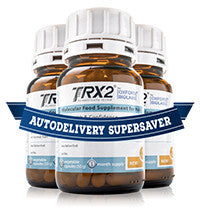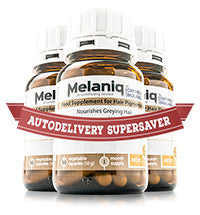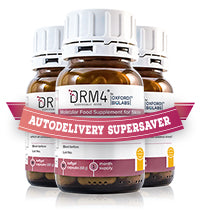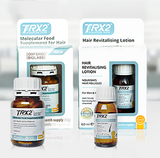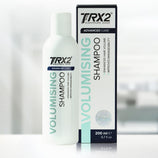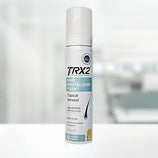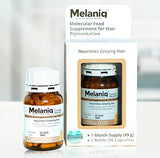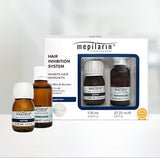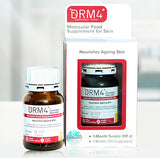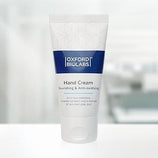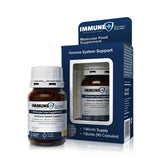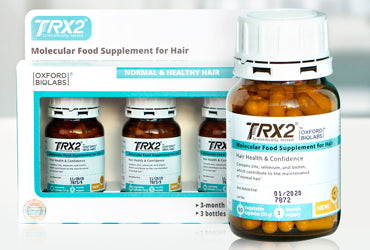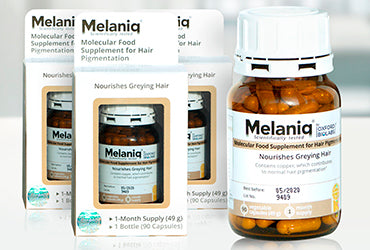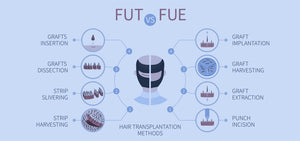Global Handwashing Day is an opportunity to encourage people to wash their hands with soap. It’s one of the best and most affordable ways to avoid becoming ill and spreading bacteria to others. Why wash hands if you don’t see bacteria?
Global Handwashing Day is a yearly reminder which we have celebrated on October 15th since 2008.
Washing hands is important. Many germs that can make people ill are spread when we don’t wash our hands with soap and water. Teaching people about hand washing helps them and their communities stay healthy. The global pandemic has reminded people that the most effective virus protection is to keep the hands clean.
Biologists estimate a single human hand plays host to 150 different species of bacteria at any given time. Most are harmless and some beneficial, while others are lethal.
Thanks to the invention of soap, we will likely never know exactly how many lives have been saved, but some estimates run into the hundreds of millions.
The first documented use of soap is described on a cuneiform tablet found in Girsu (a city of ancient Sumer, currently in Iraqi territory). The tablet was written 4,500 years ago and illustrates the process of washing and dyeing wool. The early references to soap making were for the use of soap in the textile industry and for medicinal purposes.
Some researchers claim the invention of soap occurred during the time of the Babylonians around 2800 BC. However, the Babylonians weren’t the only ancient soap makers. It is known the ancient Egyptians were incredibly advanced regarding personal hygiene and would combine animal and vegetable oils with alkaline salts to create a soap-like cleansing agent.
Soap supposedly derived its name from Mount Sapo in Rome. The word ‘sapo’, Latin for soap, first appeared in Pliny the Elder's Historia Naturalis.
During the reign of Elizabeth I, soap consumption in England was greater than in any other European country.
In the early stages of soap making, an exclusive technique was used by small groups of soap makers. Two discoveries by French chemists helped the development of commercial soap production. In 1791, the French chemist Nicolas Leblanc discovered a process for transforming common salt (sodium chloride) into an alkali called soda ash.
Now that you know the history of soap, you could even make soap at home!
Bought or produced at home, soap and regular hand washing are the key elements of hand hygiene. So keep clean and promote hand washing, not only on Global Handwashing Day!
Check the video and learn how to wash hands properly.
